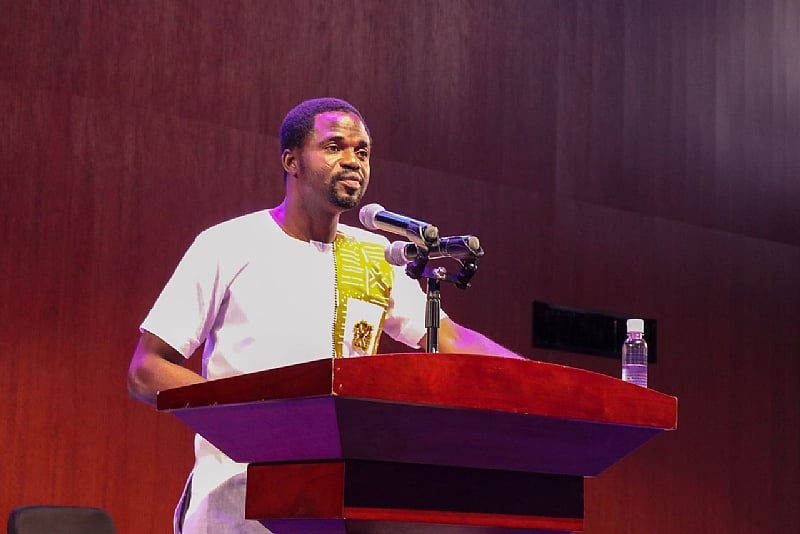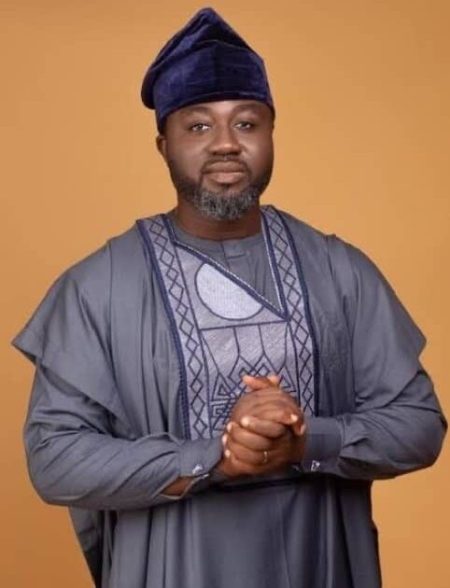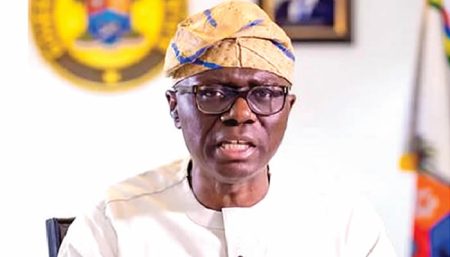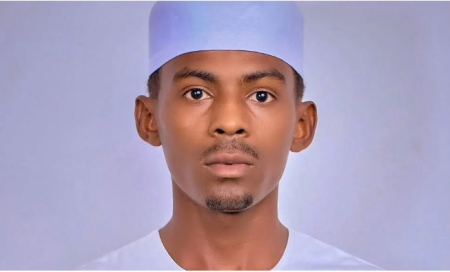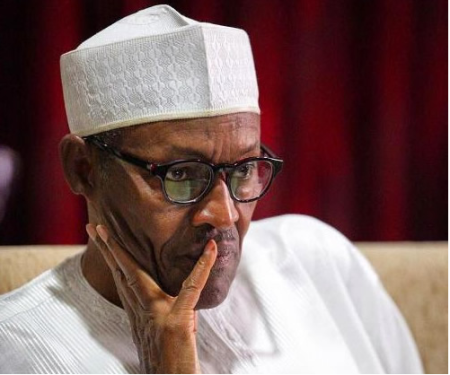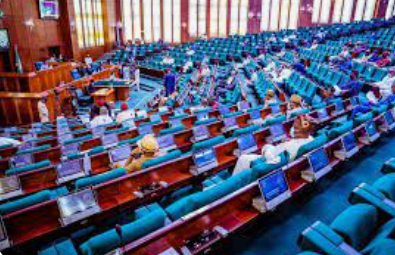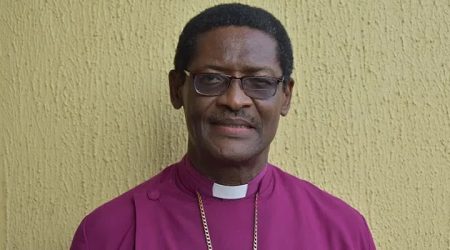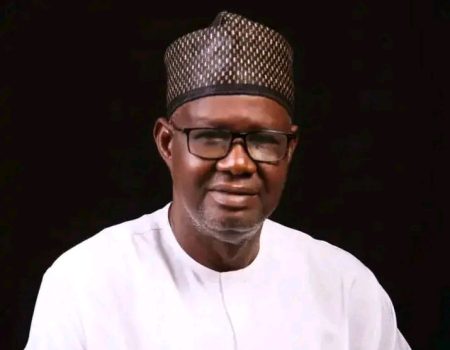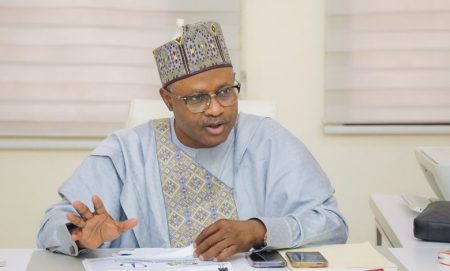The recent parliamentary rerun election in Ablekuma North, Ghana, held on July 11, 2024, was marred by violence, raising serious concerns about the recurring pattern of electoral disturbances in the country. The election, which took place across 19 polling stations, witnessed several assaults on individuals including former Fisheries Minister Hawa Koomson and members of the press. These violent incidents, particularly concentrated at St. Peter’s Polling Station, disrupted the voting process for several hours, necessitating reinforcements to restore order and allow the election to proceed. The eventual victory of the National Democratic Congress’ Ewurabena Aubynn was overshadowed by the disturbing events of the day, prompting reflections on the deeper societal issues fueling such behavior.
Investigative journalist Manasseh Azure Awuni voiced his dismay over the violence, characterizing it as a failure of society to uphold fundamental human values during the electoral process. He emphasized the absurdity of resorting to violence and potentially lethal force in the exercise of democratic rights, highlighting the incongruity of such behavior in a civilized society. The act of electing representatives to parliament, he argued, should not necessitate physical harm or endangerment of human life. This sentiment reflects a growing concern within Ghana about the erosion of peaceful democratic processes and the rise of politically motivated violence. The Ablekuma North incident serves as a stark reminder of the fragility of democratic institutions and the urgent need for a collective commitment to peaceful engagement in the electoral process.
Manasseh further criticized the hypocritical stance often adopted by partisan supporters, who tend to condemn violence only when it affects their own side while celebrating it when it benefits them. He likened this selective outrage to animalistic behavior, devoid of principle and moral consistency. This tendency to condone violence based on political affiliation, he argued, diminishes the image of Ghana on the global stage, portraying its citizens as lacking in fundamental human decency. The inconsistency in responses to electoral violence, depending on which party benefits, exposes a dangerous trend of prioritizing political gain over the well-being and safety of fellow citizens.
The Ablekuma North incident follows a disturbing pattern of electoral violence in Ghana, notably echoing the events of the Ayawaso West Wuogon by-election in 2019, where similar scenes of violence unfolded. This recurring theme underscores a systemic problem that demands immediate attention and comprehensive solutions. The fact that the Ablekuma North rerun was necessitated by the unresolved issues stemming from violence during the initial 2024 elections further highlights the failure to adequately address the root causes of electoral violence. The cycle of violence undermines the credibility of the electoral process and erodes public trust in the democratic institutions of the country.
The violence witnessed in Ablekuma North demands introspection and a collective commitment to address the underlying issues fueling such behavior. Beyond condemning the acts themselves, it is crucial to analyze the factors contributing to this recurring problem. These factors likely include political polarization, inflammatory rhetoric by party leaders, inadequate law enforcement responses, and a culture of impunity that allows perpetrators to escape accountability. Addressing these issues requires a multi-pronged approach involving political leaders, civil society organizations, law enforcement agencies, and the media, all working together to foster a culture of peaceful political engagement.
Moving forward, Ghana must prioritize electoral reforms aimed at preventing violence and ensuring accountability for perpetrators. This includes strengthening law enforcement capacity to effectively respond to and prevent violence during elections, implementing stricter penalties for those involved in electoral violence, and promoting civic education programs that emphasize peaceful participation in the democratic process. Political leaders must also play a crucial role in mitigating violence by refraining from inflammatory rhetoric and actively promoting peaceful conduct among their supporters. Ultimately, creating a culture of peaceful elections requires a collective effort from all stakeholders, ensuring that the democratic process in Ghana is truly representative of the will of the people, free from fear and intimidation.





